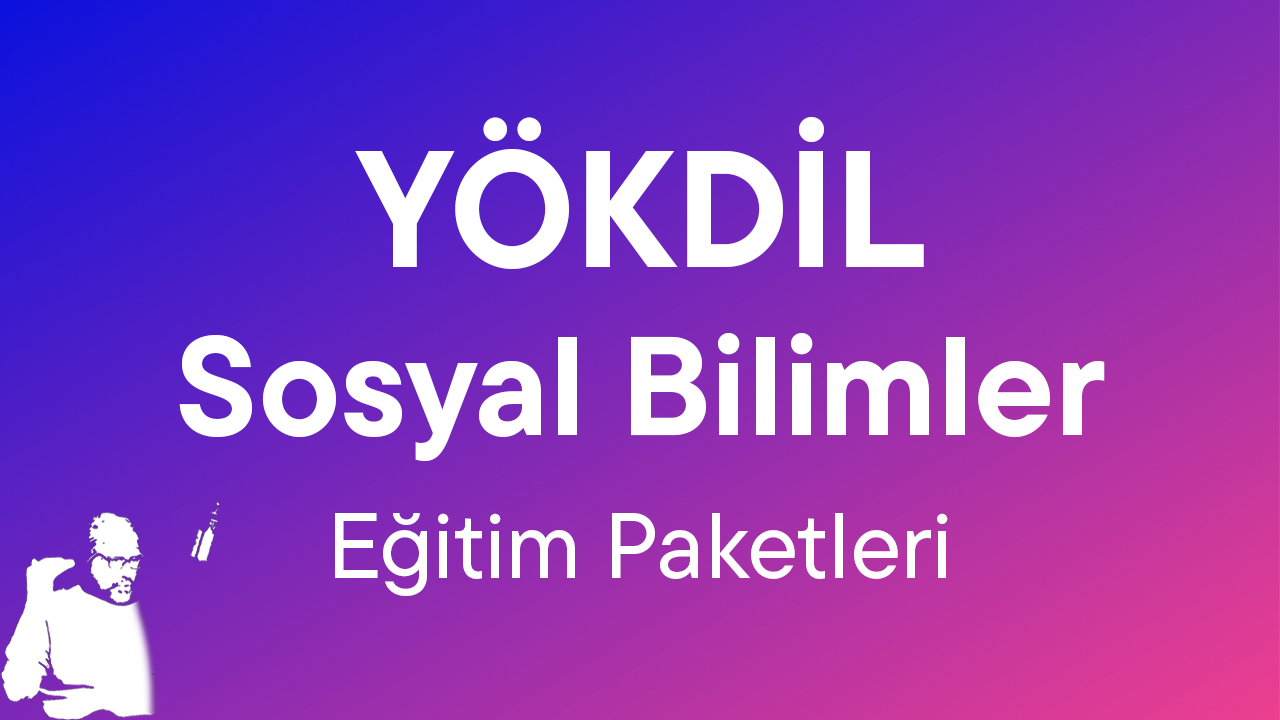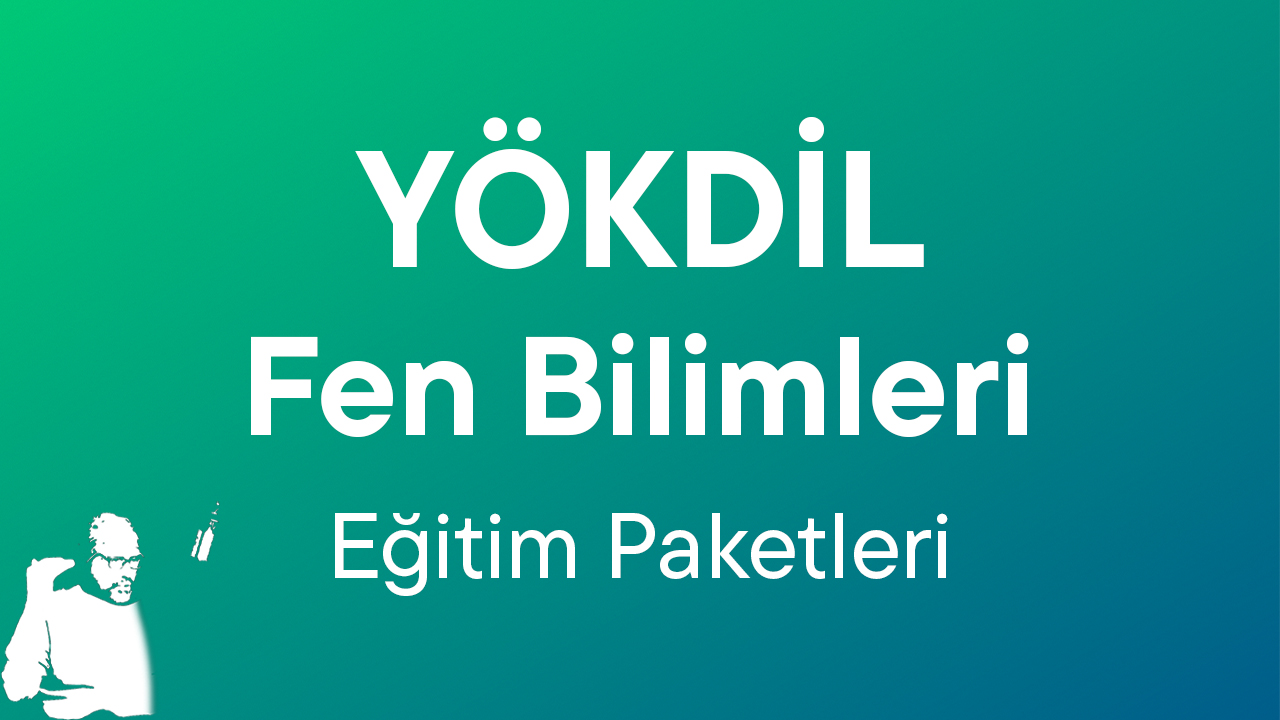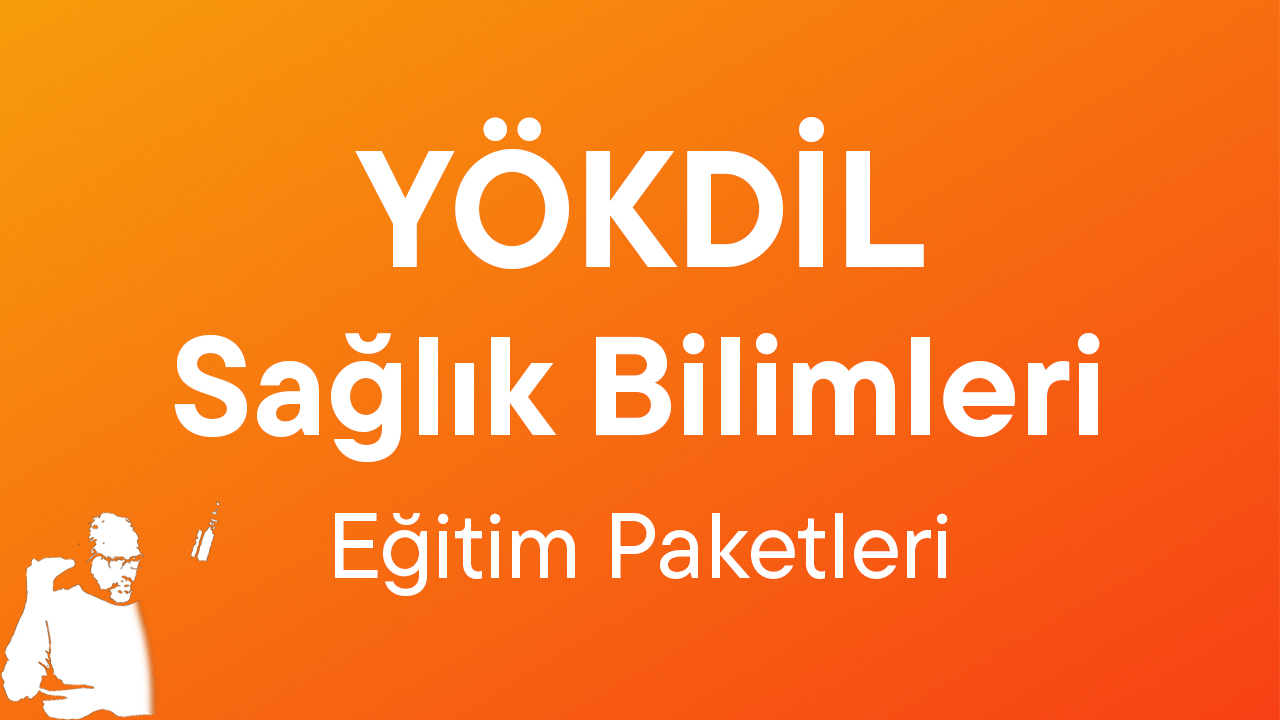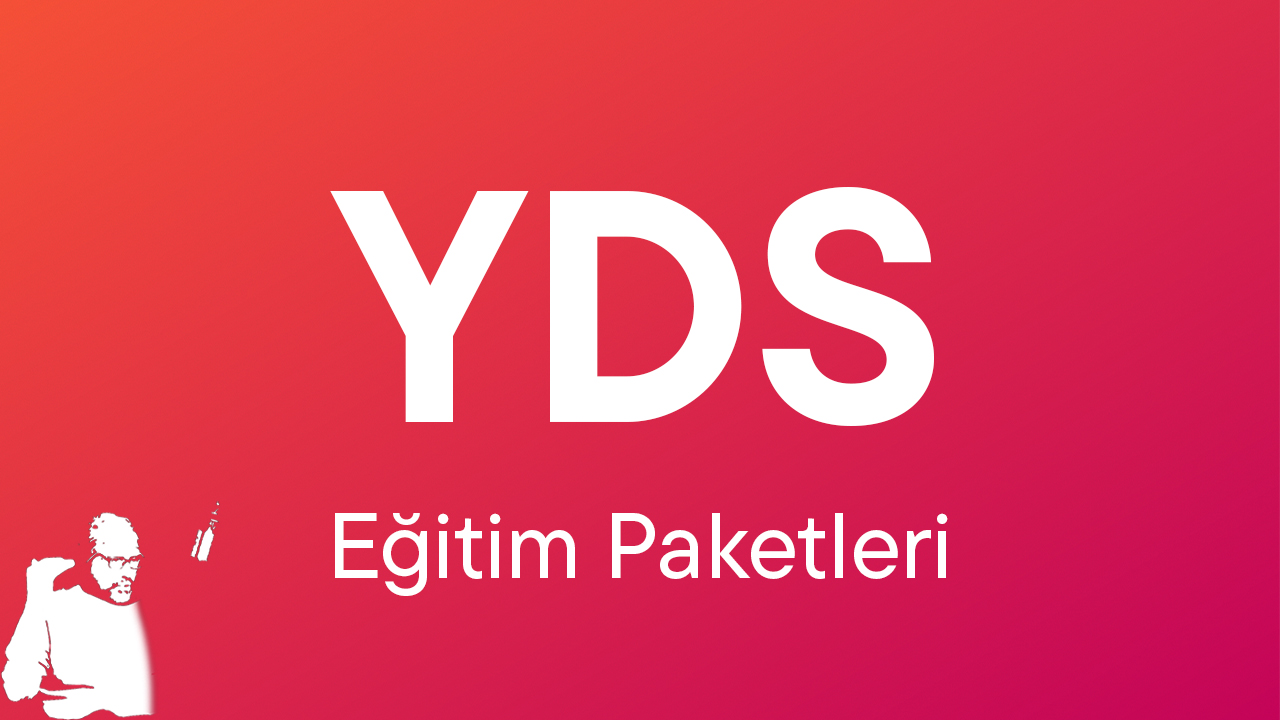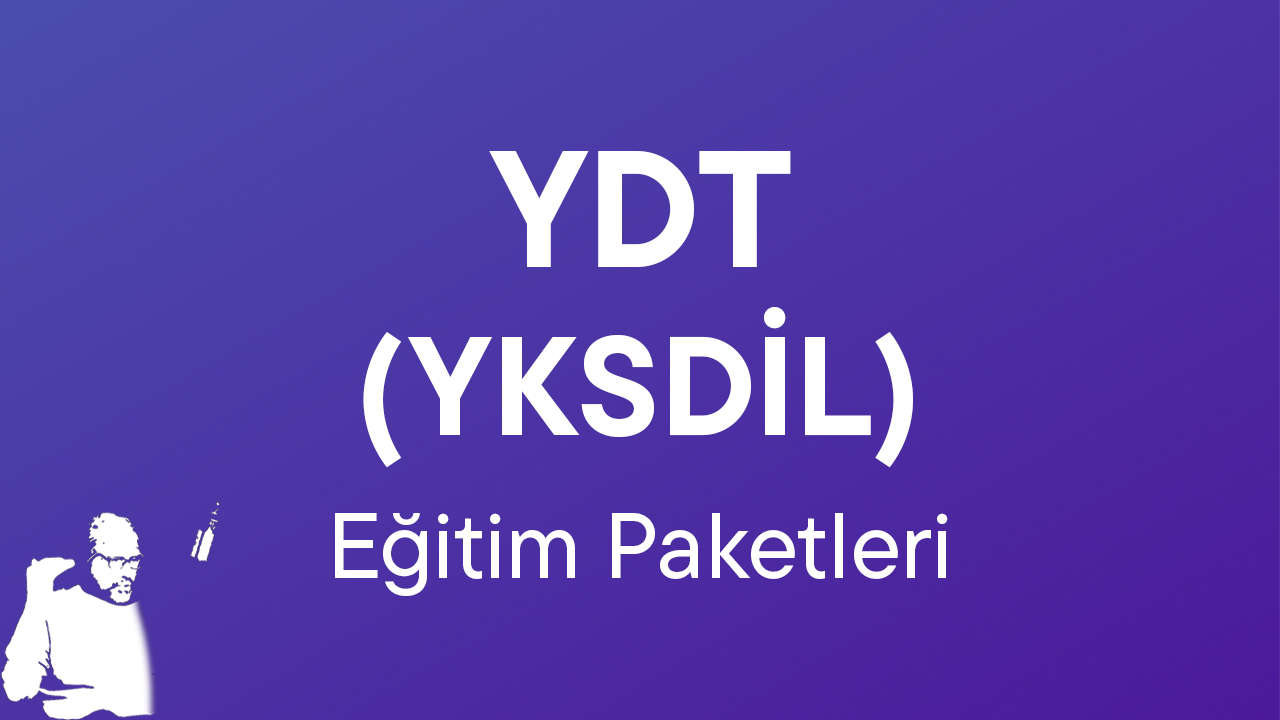Anasayfa > Blog > 25 Tips For Learning ...
25 Tips For Learning A Foreign Language - Part2
4. Know your motivation
It’s silly to even have to say this, but knowing why you’re learning a foreign language is key to mastering it. Many people start learning a language with no idea of what they’ll use it for. And, sure enough, they fail. You can know all the tips and tricks there are to learning a language, but if you don’t know the why behind it all, how it’s going to enrich your life, chances are you’re going to lose motivation and the learning will fizzle out like an engine sputtering out of gas.
Are you looking to start a new life in a different country? Are you learning a language because you’re fascinated by the culture and want to dive in at the deep end? Are you planning a trip to a foreign land and simply wanting to be able to order street food and tell the taxi driver where you’re going in the local language? These are all good motivations to learn a language.
And yes, there are bad ones too. If you want to learn Russian simply to impress that cute Russian you met at the bar, if you’re thinking of picking up French phrases to impress people and look smart, well, I have bad news for you.
Motivation is a tricky thing. You can will yourself to learn something difficult for a short period of time. But in the long-run, you need to be reaping some practical benefit from your efforts. Without that, you’ll eventually burn out.
5. Set learning goals
Language-learning goals are best if they are short, simple and easily measurable. Many of us embark on studying a language by saying, “I want to be fluent in Japanese in six months!”
The problem is, what is fluency? Fluent in what way? Casual conversation? Reading and writing? Discussing legal issues for your business?
Instead, it’s better to set clearly defined goals. Start with something like, “By the end of today, I will know how to greet someone and introduce myself. In two days, I will learn how to ask someone what they do for a living and explain to them what I do. By the end of the week, I will know how to procure food and avoid starvation.”
And to get you started, I’ll give you the goal of all goals, the milestone that will take you furthest on the path to fluency: “Master the 100 most common words in X weeks/months.”
6. Start with the 100 most common words
Not all vocabulary is created equal. Some gives you a better return on investment than others.4 For instance, when I lived in Buenos Aires, I met a guy who had been studying with Rosetta Stone for months (not recommended). I had been working on and off with a tutor for a few weeks, but I was surprised by how he could not follow even the most basic of conversations despite months of study and living there.
It turns out, much of the vocabulary he had been studying was for kitchen utensils, family members, clothing and rooms in a house. But if he wanted to ask someone which part of town they lived in, he had no idea what to say.
Start with the 100 most common words and then make sentences with them over and over again. Learn just enough grammar to be able to do this and do it until you feel pretty comfortable with all of them.
7. Carry a pocket dictionary
This made a much bigger difference than I expected. I carry an English-Spanish dictionary app on my phone and I used it all the time when I lived in Spanish-speaking countries. My first two weeks in Brazil, I was lazy and kept forgetting to download an English-Portuguese application. I struggled in my conversations A LOT during those two weeks, despite knowing basic Portuguese.
Once I downloaded the dictionary, there was an immediate difference. Having it on your phone is great, because it takes two seconds to look something up in the middle of conversation. And because you’re using it in conversation, you’re that much more likely to recall it later. Even something that simple affected my conversations and ability to interact with locals a great deal.
8. Keep practicing in your head
The other use for your dictionary is that you can practice while going about your day and not talking to anyone. Challenge yourself to think in the new language. We all have monologues running in our head, and typically they run in our native tongue. You can continue to practice and construct sentences and fake conversations in your head in a new language. In fact, this sort of visualization leads to much easier conversations when you actually have them.
For instance, you can envision and practice a conversation about a topic you’re likely to have before you actually have it. You can begin to think about how you would describe your job and explain why you’re in the foreign country in the new language. Inevitably, those questions will come up and you’ll be ready to answer them.
9. You’re going to say a lot of stupid things. Accept it
When I was first learning Spanish, I once told a group of people that Americans put a lot of condoms in their food. Later, I told a girl that basketball makes me horny. Um, yeah… It’s going to happen. Trust me.

